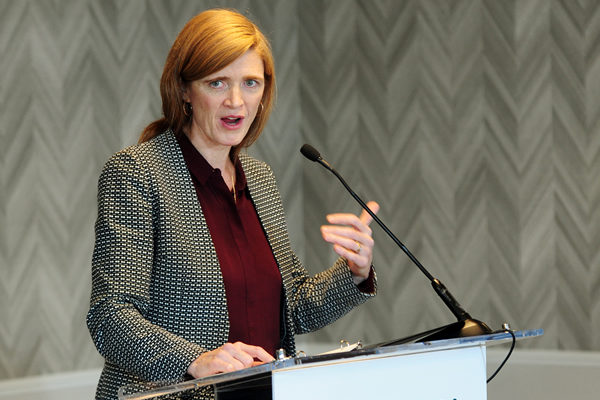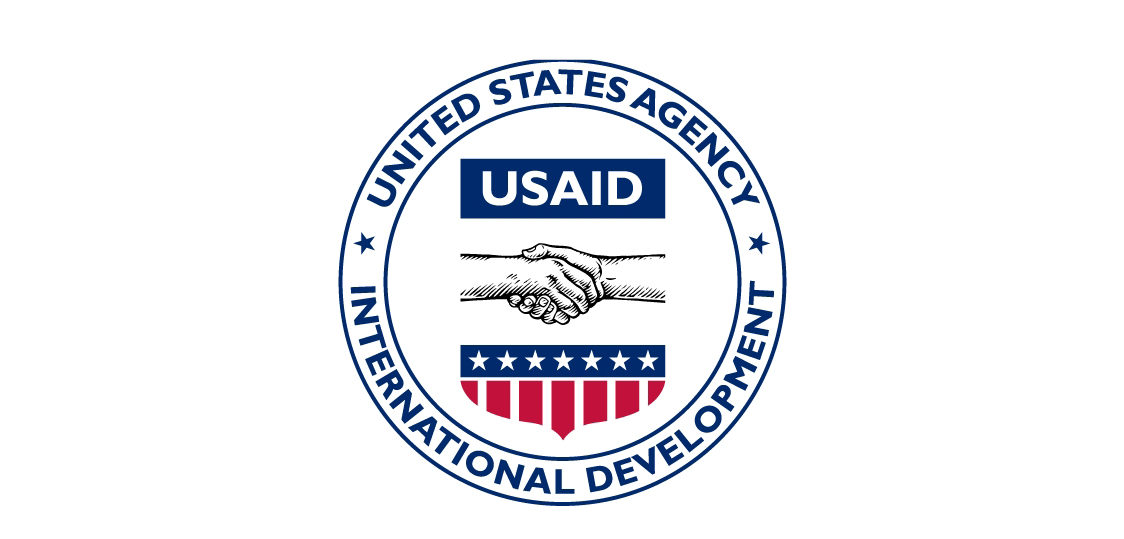At the 28th Conference of the Parties (COP28), USAID Administrator Samantha Power made a significant announcement, revealing a commitment of over $53 million towards innovative, low-carbon, and climate-resilient initiatives across 23 cities in Asia, Africa, Latin America, and the Caribbean. This financial commitment underscores USAID’s dedication to translating global climate goals into tangible, localized actions, recognizing the pivotal role that cities play in contributing to 75 percent of the planet’s CO2 emissions and housing more than half of the global population.
The objective of these funds is to empower cities to address climate challenges effectively, thereby minimizing the economic and social consequences of climate change while safeguarding existing developmental achievements. By directing resources towards urban areas, USAID aims to drive practical solutions that resonate with local contexts and contribute to the reduction of carbon footprints.
The forthcoming initiatives will concentrate on fostering programs and collaborations that empower local governments to proactively address climate-related risks. Notable examples include efforts in Bishkek, Kyrgyz Republic, where the focus will be on tackling air pollution, and Rajkot, India, where the emphasis will be on fortifying resilience against escalating temperatures and water scarcity. In cities like Hermosillo and Merida, Mexico, as well as Mbombela, South Africa, the initiatives will target the decarbonization of the transportation sector through the adoption of electric vehicles and enhanced public transportation systems. Simultaneously, other efforts will work towards transitioning buildings to net zero emissions by implementing energy-efficient measures and integrating clean energy sources. The initiatives also aim to accelerate the adoption of innovative adaptation solutions and broaden the scope of climate finance options available to local governments.
This substantial funding injection complements and expands upon USAID’s existing endeavors to empower local governments and vulnerable communities in their pursuit of resilient, low-carbon futures. By strategically allocating resources to address specific urban challenges, USAID seeks to make a lasting impact on the ground, reinforcing the importance of localized action in the global fight against climate change.
Administrator Samantha Power

emphasized the urgency of these initiatives in the broader context of COP28, recognizing that cities serve as focal points for emissions and population density. The commitment to funding initiatives in diverse regions underscores the need for tailored, context-specific solutions that can effectively address the multifaceted challenges posed by climate change.
The announced financial commitment not only aligns with the broader global agenda to combat climate change but also positions USAID as a proactive leader in driving sustainable, city-focused solutions. By addressing critical issues such as air pollution, water scarcity, and emissions reduction at the local level, USAID aims to create a ripple effect, influencing broader systemic change while protecting the most vulnerable communities.
These initiatives signal a shift towards a more holistic and inclusive approach to climate action, recognizing that cities play a pivotal role in achieving global climate objectives. The emphasis on collaborative efforts with local governments and communities underscores the importance of fostering partnerships that can drive meaningful, long-term change. As USAID commits substantial resources to these initiatives, it underscores the organization’s recognition of the critical role that cities play in shaping the trajectory of climate change and the need for concerted, localized efforts to mitigate its impacts.
Source: USAID


















